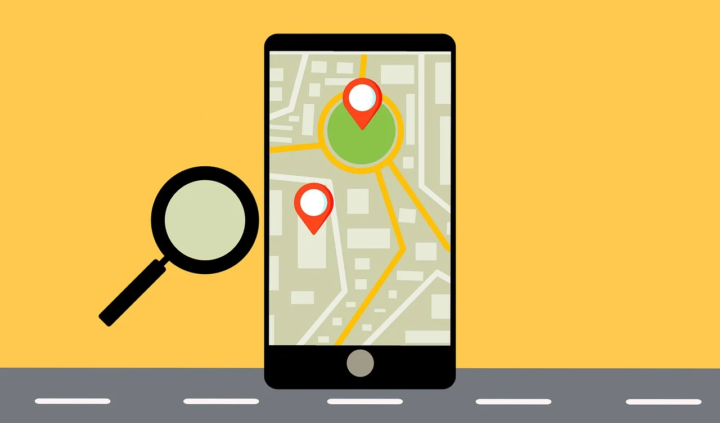Couples Addiction Rehabs Near Me in Raleigh
Recovering from addiction is a challenging journey, but it can be even more complex when both partners in a relationship are struggling with substance abuse. Couple addiction recovery requires a unique approach that addresses the individual needs of each partner while also focusing on the dynamics of their relationship. In Raleigh, North Carolina, there are various resources available to help couples navigate the path to recovery and rebuild their lives together. This article will explore strategies for successful couple addiction recovery, the benefits of couples therapy for addiction, and the concept of dual recovery for couples.
Raleigh Couples Addiction Rehabs Call Now
Understanding Couple Addiction Recovery
When both partners in a relationship are struggling with addiction, it can create a cycle of enabling, codependency, and further substance abuse. Couple addiction recovery aims to break this cycle and create a foundation for lasting sobriety and a healthy relationship. It involves addressing both individual and relational issues, as well as developing effective coping mechanisms and communication skills.
Benefits of Couples Therapy for Addiction
Couples therapy for addiction can be a valuable tool in the recovery process. It provides a safe space for partners to openly discuss their struggles, emotions, and goals. Some benefits of couples therapy for addiction include:
- Improved Communication: Couples therapy helps partners develop healthier communication patterns and learn to express their needs and concerns effectively.
- Rebuilding Trust: Addiction can severely damage trust in a relationship. Couples therapy provides a supportive environment for rebuilding trust and repairing the relationship.
- Shared Accountability: In couples therapy, partners can hold each other accountable for their recovery goals and provide support and encouragement along the way.
- Enhanced Relapse Prevention: Couples therapy equips partners with relapse prevention strategies and helps them identify potential triggers and warning signs.
Dual Recovery for Couples
Dual recovery for couples refers to the process of both partners in a relationship seeking individual treatment for their addiction while also actively working on their relationship. It recognizes that each partner’s recovery journey is unique and requires personalized attention. Dual recovery for couples involves:
- Individual Treatment: Both partners engage in individual therapy, support groups, or other forms of treatment to address their specific addiction issues.
- Joint Therapy Sessions: In addition to individual treatment, couples engage in therapy sessions together to address relationship dynamics, communication patterns, and shared goals.
- Supportive Community: Engaging in support groups or couples’ retreats can provide a sense of community and connection with others who are going through similar experiences.
- Continued Growth: Dual recovery is an ongoing process that requires commitment and dedication from both partners. It involves continued personal growth and maintaining a healthy relationship.
Strategies for Successful Couple Recovery
Reconnecting and rebuilding after addiction requires effort, patience, and a commitment to personal and relational growth. Here are some strategies for successful couple recovery:
1. Open and Honest Communication
Communication is key in any relationship, especially during the recovery process. Encourage open and honest communication by creating a safe space for both partners to express their thoughts, concerns, and emotions without judgment.
2. Establish Boundaries
Setting healthy boundaries is crucial for individual and relational growth. Clearly define what is acceptable and what is not in terms of behavior, triggers, and expectations. Respect each other’s boundaries and communicate them effectively.
3. Seek Professional Help
Professional help, such as couples therapy or individual counseling, can provide guidance, support, and tools for successful recovery. A trained therapist can help navigate challenges, address underlying issues, and facilitate healthy communication.
4. Practice Self-Care
Self-care is essential during the recovery process. Encourage each other to engage in activities that promote physical, mental, and emotional well-being. This can include exercise, meditation, hobbies, or spending quality time together.
5. Build a Supportive Network
Surround yourselves with a supportive network of friends, family, and recovery groups. Connecting with others who understand the challenges of addiction and recovery can provide encouragement, guidance, and a sense of belonging.
6. Celebrate Milestones
Recognize and celebrate milestones along the recovery journey. Whether it’s a month of sobriety, completing a therapy program, or achieving a personal goal, acknowledging these achievements can strengthen motivation and reinforce positive behavior.
7. Practice Forgiveness
Forgiveness is a powerful tool in the recovery process. Both partners must be willing to forgive past mistakes and focus on the present and future. Letting go of resentment and embracing forgiveness can contribute to a healthier and more fulfilling relationship.
Conclusion
Couple addiction recovery in Raleigh, North Carolina, requires a comprehensive approach that addresses the individual needs of each partner while also focusing on the dynamics of their relationship. Couples therapy for addiction and the concept of dual recovery for couples can provide valuable support and guidance throughout the recovery journey. By implementing strategies for successful couple recovery, such as open communication, establishing boundaries, seeking professional help, practicing self-care, building a supportive network, celebrating milestones, and practicing forgiveness, couples can reconnect and rebuild after addiction, creating a stronger and healthier relationship.











